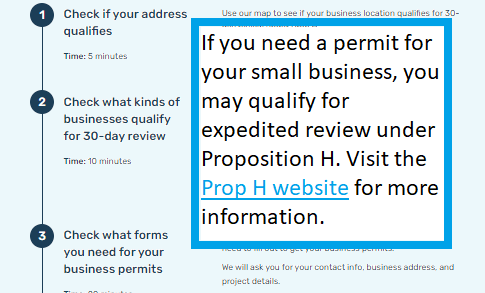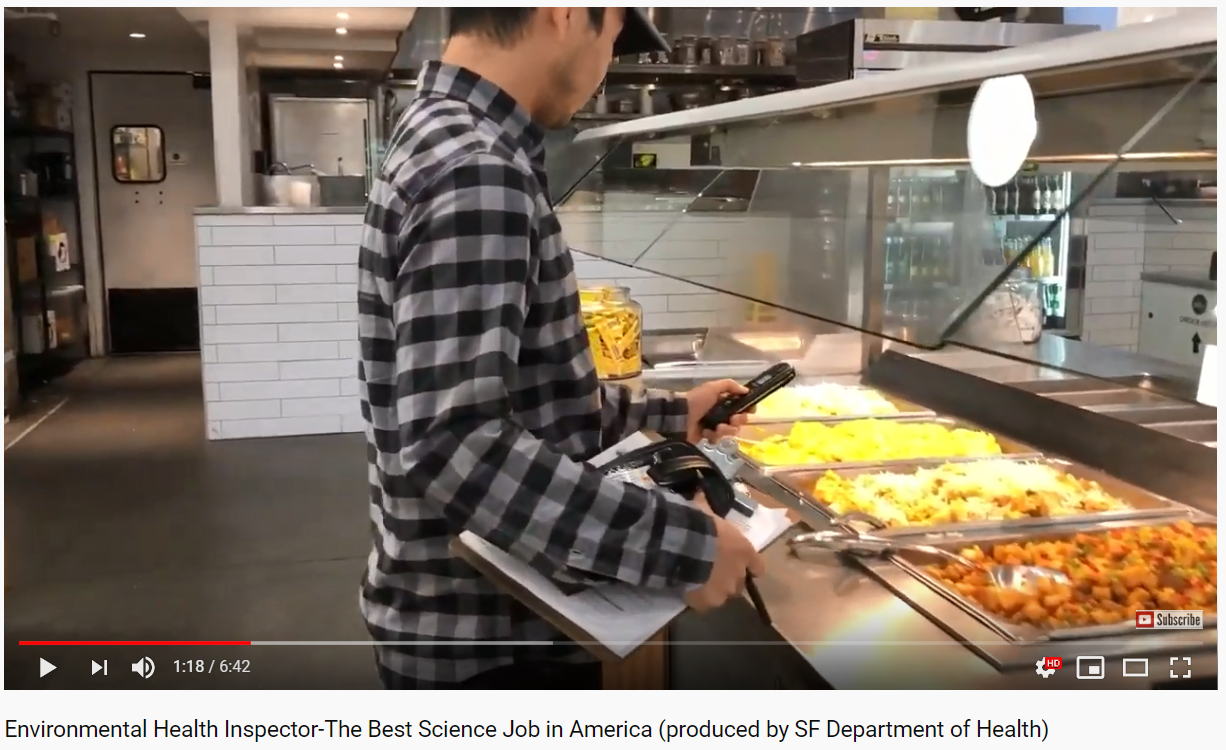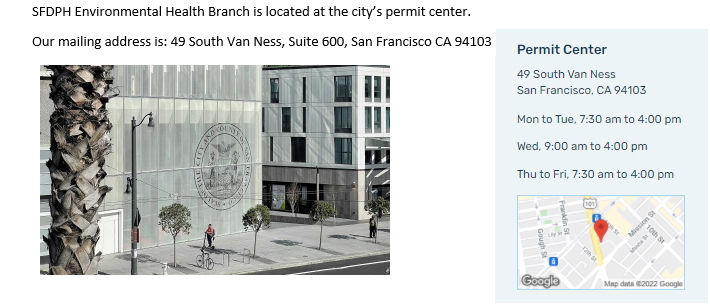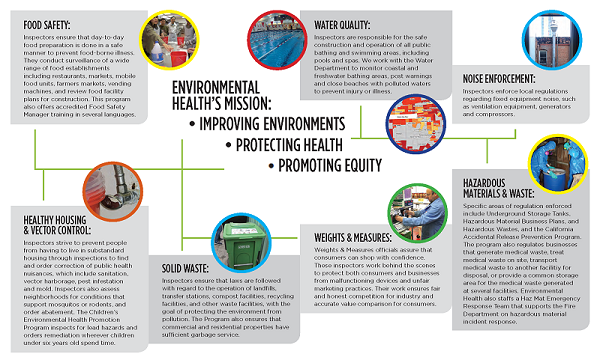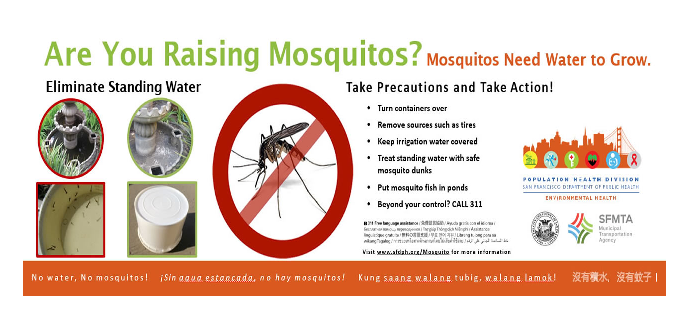|
Restaurant Permitting: Learn what you need to do to get a restaurant permit.
Restaurant Inspection Results: Find inspection records for over 7,000 food facilities from the last three years. Printable (pdf) copies of inspection reports are available beginning August 3, 2023. Note: click here if you are looking for the details for inspections from 3/2020 - 8/2023.
Other Food Permits: We issue food permits for facilities that aren't restaurants, such as Caterers, Cottage Food Operations, Farmers Markets, Licensed Health Care Facilities, Mobile Food Facilities, Pop-ups, and Temporary Food Facilities.
Manager's Food Safety Certification: We are not offering these trainings at this time. You may choose to do an online class and exam offered by ANSI-accredited exam providers. (Note this is not training for the Food Handler Card).
|
Body Art
Environmental Health inspectors ensure that tattoo, piercing and permanent cosmetic facilities are clean and practice sterilization.
|
Hazardous Waste
Our programs review soil sampling and provide oversight and cleanup at Underground Storage Tank releases and other contaminated sites.
|
Hazardous Materials
We regulate petroleum storage, hazardous wastes, chlorofluorocarbon recycling and medical waste, and prevention of accidental releases. Our work includes regulation of Underground Storage Tanks (USTs)
|
Childhood Lead Prevention
Lead is an invisible poison that can harm your child's growth and development. The Childhood Lead Prevention Program is part of the Children's Environmental Health Promotion program.
|
Noise
The Environmental Health Branch enforces local regulations regarding fixed-equipment noise, such as ventilation equipment, generators, and compressors.
|
Rodents, Mosquitoes and Other Insects
The Environmental Health Branch provides services and education to eliminate rodents, mosquitoes and other insects and animals that contribute to the spread of diseases such as West Nile Virus.
|
Massage
The Massage Program issues permits to massage practioners and businesses in the city and ensures their compliance with San Francisco Health Code Article 29.
|
Healthy Housing
The Environmental Health Branch conducts routine inspections to ensure that minimum levels of sanitation are being maintained by property owners.
|
Agriculture
San Francisco's Agriculture Commissioner and staff monitor pest conditions and pesticide use in nurseries, and enforce laws relevant to growing plants, including cannabis.
|
Water Programs
Our water programs protect the potable water supply from cross connections, ensure safe construction and destruction of wells and soil borings, and oversees swimming pools, spas and on-site nonpotable water systems.
|
Air and Smoking
The goal of the Air Quality, Smoking and Tobacco Programs is to implement local laws relevant to pollutants in the air, including tobacco and tobacco-derived products.
|
Weights and Measures
The Weights and Measures Sealer and staff protect consumers by inspecting and testing commercial scales, gasoline pumps, taximeters, liquefied petroleum gas dispensers and electric meters.
|
Cannabis
SFDPH has oversight of Medical Cannabis Dispensaries under San Francisco Health Code Article 33. Regulation and oversight for adult cannabis use under Police Code Article 16 is overseen by the San Francisco Office of Cannabis. Environmental Health Branch also oversees certain aspects of cannabis cultivation, manufacture and sales through our regulatory programs such as those that govern the use of pesticides, storage and disposal of hazardous materials, generation of noise from fixed mechanical devices, etc.
|
Program on Health, Equity and Sustainability
The Program on Health, Equity and Sustainability (PHES) applies innovative approaches to using health data and evidence to inform safe, sustainable and equitable planning and policy, in collaboration with local communities and government agencies.
|
Transportation and Health
The Transportation and Health program is a part of PHES which utilizes data and collaboration to advance a transportation system that protects and promotes public health and equity such as Vision Zero San Francisco, TransBASESF, and the Transportation-Related Injury Surveillance System
|
Solid Waste
The Solid Waste Program enforces mandatory requirements for residential and commercial garbage (refuse) service and regulates refuse collection and solid waste sites to protect the public health, safety and well-being of our communities and environment from the impacts of solid waste management and disposal.
|
Animal Fur
The Environmental Health Branch manages implementation of the 2018 Health Code Ordinance prohibiting selling, offering or displaying for sale, trade, gift, donation, distribution, or manufacturing of fur products.
|
For complaints about Environmental Health issues call or visit 311 to have your complaint recorded and routed correctly to Environmental Health. If you are calling from a cell phone or outside the county, dial (415) 701-2311.
 - Service 24x7
- Service 24x7
San Francisco Department of Public Health Environmental Health Branch |


